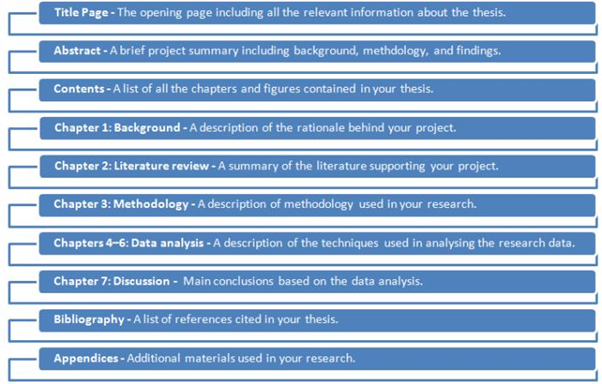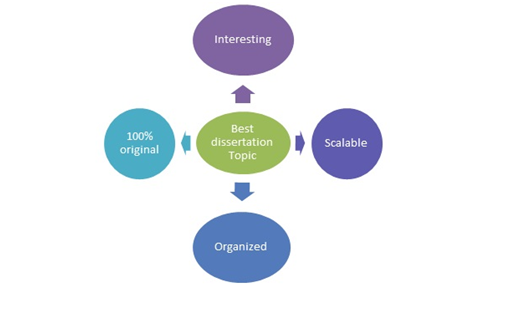Just like your life is divided between many number of years, and each year has its own importance; a dissertation needs to be divided into chapters, that each represent something unique. Even though it may seem terribly difficult for students to correctly make the divide for chapters and write one chapter at a time,it is the only way your dissertation will get the impact it deserves.
Before you begin your writing, you must know the structure of your dissertation properly. Each chapter requires a certain number of words and they all differ in terms of length and content. The flow of the chapters must be right. They should follow the previous chapter and lead to the next one.
Basic Chapter Division in your Dissertation:

As a thumb rule, this is the basic guideline all students must follow while writing their dissertation. It allows to maintain a uniformity in all the dissertations and gives the evaluator a structured flow to read the dissertation. Also, when you divide your dissertation in the above mentioned chapter format, you create a structured document that clearly fulfils all the requirements of your university.
Some important chapters you must not overlook in your dissertation:
The Introduction Chapter: This should be around 200-300 words and no more than 2 pages in your dissertation. It must reflect all the contents that your dissertation contains and raise questions that your dissertation will answer in the following chapters. Make a few important words bold and italics to add importance to the keywords.
The Literature Review Chapter: Many students get stuck on this second chapter and wait for months to get inspiration to complete it. If you are not sure about how to write this chapter, take assistance from your coach, professor or a professional dissertation writing service to complete this chapter correctly.
The Methodology Chapter:This is the core of your dissertation. Out of the various methods available, you need to decide which methodology will suit your research and accordingly use it for your study. The methodology chapter requires you to write in detail the methods you have used in your dissertation as well as state the reasons for using them.
The Conclusion Chapter: Your final chapter is as important as the other chapters. The main reason you write a conclusion to your dissertation is to give the reader details of your results and summarize the study in a precise and conclusive manner. Your conclusion must answer all the questions that were raised in the introduction chapter.
A well-structured dissertation goes a long way in a good evaluation and future prospects. Divide your dissertation in appropriate chapters for a better result!


Betty Kress 4:39 am on February 26, 2014 Permalink |
I am a new member to this board but seriously the posts are so motivating and helpful. I just feel like dissertation writing is not that a big issues that I always felt. Thanks a lot!
juliaamassin 12:12 pm on May 16, 2014 Permalink |
You are very right Dr. Loretti. Failures inform us about the mistakes we make.